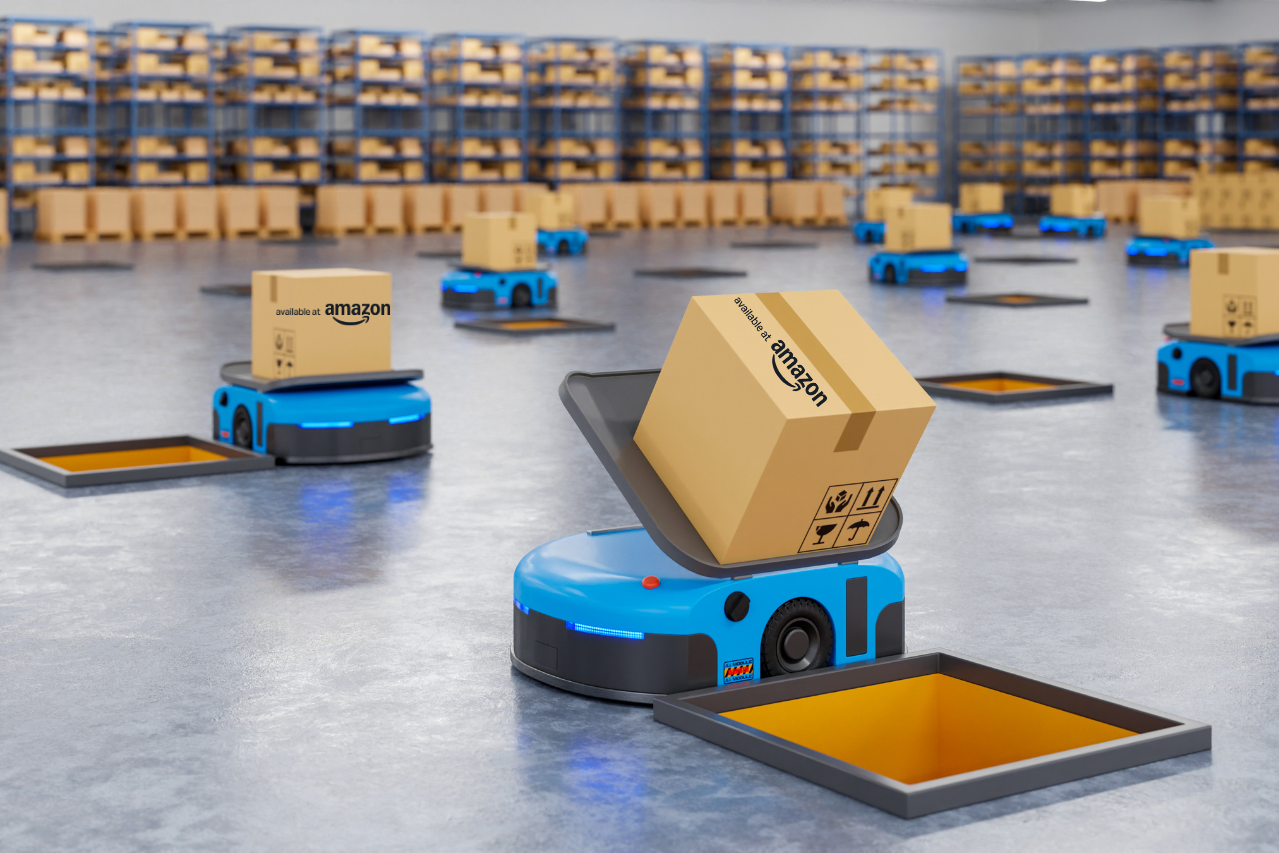The National Health Service (NHS) in England is set to enhance its cancer screening programs by utilizing the NHS App to issue notifications and facilitate appointment bookings. This initiative, termed “ping and book,” aims to streamline the screening process, improve accessibility, and increase participation rates among eligible women.
This “ping and book” system is part of a broader NHS digital transformation effort to make healthcare more patient-centric, accessible, and efficient. Beyond cancer screening, this approach could lay the foundation for integrating reminders for other preventive care measures, such as vaccinations, regular health check-ups, or chronic disease management appointments. By creating a centralized hub for notifications and scheduling, the NHS App could serve as a one-stop shop for preventive health.
Implementation Timeline:
- December 2024: The NHS will begin sending breast screening invitations directly through the NHS App.
- Spring 2025: The program will expand to include cervical screening invitations.
- Early 2026: The app will enable users to book breast screening appointments directly, enhancing convenience and user engagement.
Key Features of the Initiative
- Customizable Notifications: Users will likely have the option to tailor reminders according to their preferences, such as scheduling at nearby clinics or aligning with their availability.
- Integration with AI and Analytics:
- AI could help identify individuals at higher risk of non-compliance and send more personalized reminders or nudges.
- Predictive analytics might be used to forecast participation trends and adapt outreach strategies dynamically.
- Inclusivity:
- The app will remain accessible to individuals with visual or auditory disabilities, ensuring compliance with accessibility standards.
- For populations with limited digital access, traditional postal notifications will remain available, addressing the digital divide.
Eligibility for these notifications aligns with the existing criteria for the respective cancer screening programs:
Breast Cancer Screening:
- Age Group: Women aged 50 to 70 are routinely invited for breast screening every three years. Women over 70 can self-refer for screening.
Cervical Screening:
- Age Group: Individuals with a cervix aged 25 to 64 are eligible for cervical screening. Those aged 25 to 49 are invited every three years, and those aged 50 to 64 every five years.
Bowel Cancer Screening:
- Age Group: Everyone aged 50 to 74 is offered a bowel cancer screening home test kit every two years. Individuals aged 75 or over can request a kit every two years by contacting the bowel cancer screening helpline.
To receive notifications through the NHS App, individuals must be registered users of the app and meet the eligibility criteria for the specific screening program. The app will send personalized notifications based on the user’s age and screening schedule, facilitating timely reminders and appointment bookings.
It’s important to note that while the NHS App enhances the notification process, traditional methods such as postal invitations will continue to be used to ensure inclusivity for those who may not have access to digital platforms.
This initiative is particularly impactful for women, who often juggle multiple roles and may delay preventive care. By placing control in their hands—offering flexibility in appointment scheduling, immediate access to results, and educational resources—the NHS App empowers women to prioritize their health.
Advertisement

Amanda Pritchard, NHS Chief Executive, expressed enthusiasm about the initiative, stating that it has the potential to revolutionize access to cancer screening for women, ensuring eligible individuals can utilize these life-saving services conveniently.
Health and Social Care Secretary Wes Streeting highlighted the importance of early cancer detection and praised the integration of technology in healthcare, emphasizing that this approach exemplifies the shift from analog to digital within the NHS.
Michelle Mitchell, Chief Executive at Cancer Research UK, noted that innovations like this could facilitate easier access to screening, ultimately increasing the number of cancers caught at an early stage.
Challenges and Mitigation Strategies
Despite the availability of screening services, participation rates have been suboptimal. In the 2022/23 period, over a third of women did not attend their breast screening appointments after receiving an invitation, with approximately 2.18 million eligible women not having had a mammogram in the past three years.
The implementation of app-based healthcare notifications faces significant challenges in digital literacy. Not everyone is comfortable navigating mobile applications, particularly for sensitive healthcare matters. This is especially true for individuals who may lack access to smartphones, have limited internet connectivity, or are unfamiliar with app usage.
To address these barriers, the NHS could introduce comprehensive in-app tutorials designed to guide users step-by-step through the system’s features, ensuring a user-friendly experience. Additionally, providing phone support and localized training sessions in community centers or libraries could help bridge the gap for those less familiar with digital tools. These efforts would be crucial in ensuring equitable access to the app’s benefits.
Data privacy and security represent another major concern, given the sensitive nature of health data. Users may worry about unauthorized access, data breaches, or the misuse of their personal information. To build trust and safeguard information, the NHS must adhere strictly to GDPR regulations and implement robust encryption protocols to secure data at every stage of the process. Transparent communication about how personal data is handled, stored, and protected will be essential. Furthermore, regular audits and collaboration with cybersecurity experts could reinforce the system’s security, ensuring that user confidence in the app remains strong.
Finally, the adaptation period for adopting this digital system may vary significantly across demographics. Younger generations, accustomed to using apps for various services, are likely to embrace the system quickly. However, older populations may require additional time, support, and resources to transition effectively.
To address this, the NHS can develop targeted outreach programs, including hands-on workshops or home visits by healthcare workers equipped to demonstrate the app’s functionality. Collaborating with family members or caregivers to support older users during the adaptation process can also be beneficial. These strategies will help ensure that the app serves as an inclusive tool, capable of enhancing healthcare accessibility for all age groups.
Potential Long-Term Impacts
- Improved Early Detection and Outcomes:
- Studies show that early detection dramatically increases survival rates for many cancers. Breast cancer detected at stage 1 has a 98% survival rate compared to 26% at stage 4. This initiative could be pivotal in ensuring more cancers are caught early.
- Behavioral Shift in Preventive Care:
- The shift from passive mail-based invitations to interactive digital notifications could foster a behavioral change, encouraging individuals to view cancer screenings as part of routine self-care.
- Reducing Healthcare Inequities:
- With the integration of reminders and self-scheduling features, underserved populations who face logistical barriers—such as those in remote areas—might find it easier to access screening facilities.
The NHS App’s integration of cancer screening notifications is more than a technical upgrade—it’s a paradigm shift in preventive healthcare. By making appointments more accessible and user-friendly, this initiative could save thousands of lives while reducing healthcare costs and inefficiencies. If successful, it will demonstrate how digital innovation can be harnessed to create a healthier, more proactive society.
By continuing to invest in digital health strategies, the NHS has the potential to redefine what patient-centered care looks like in the 21st century.




